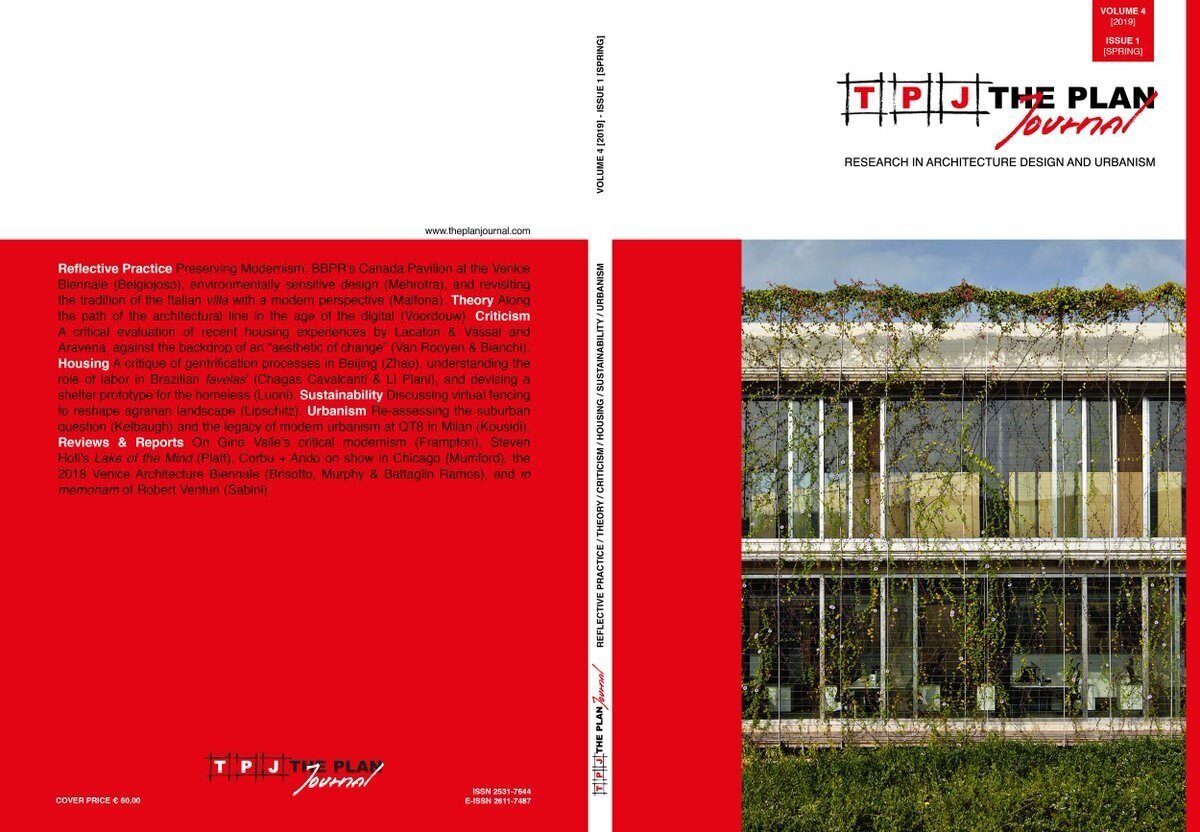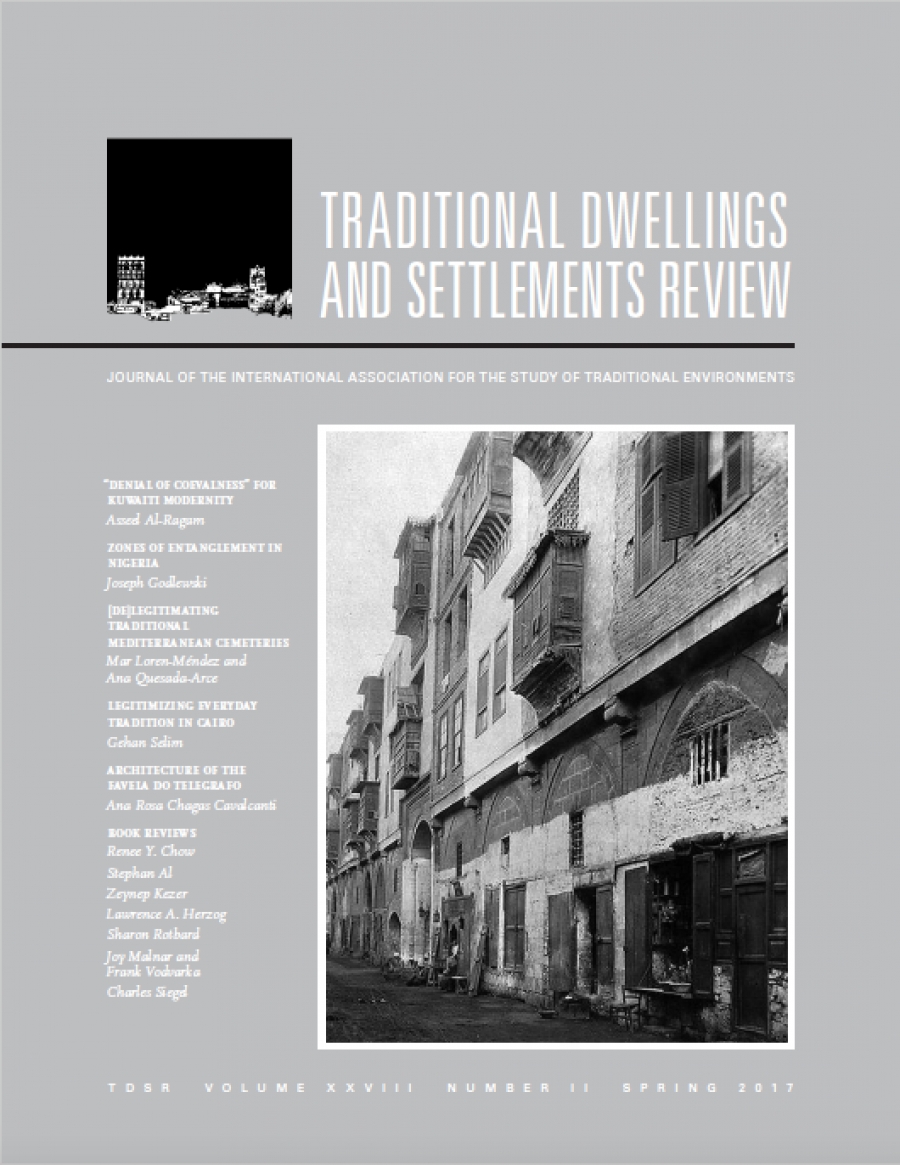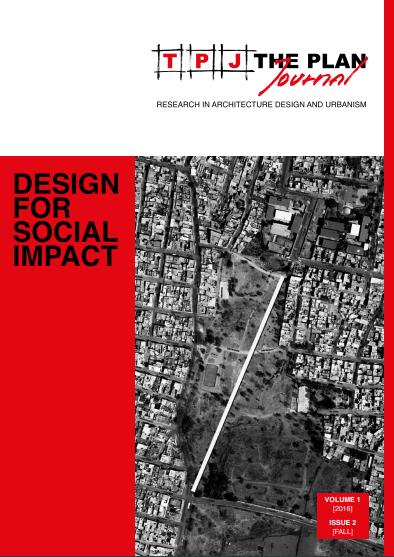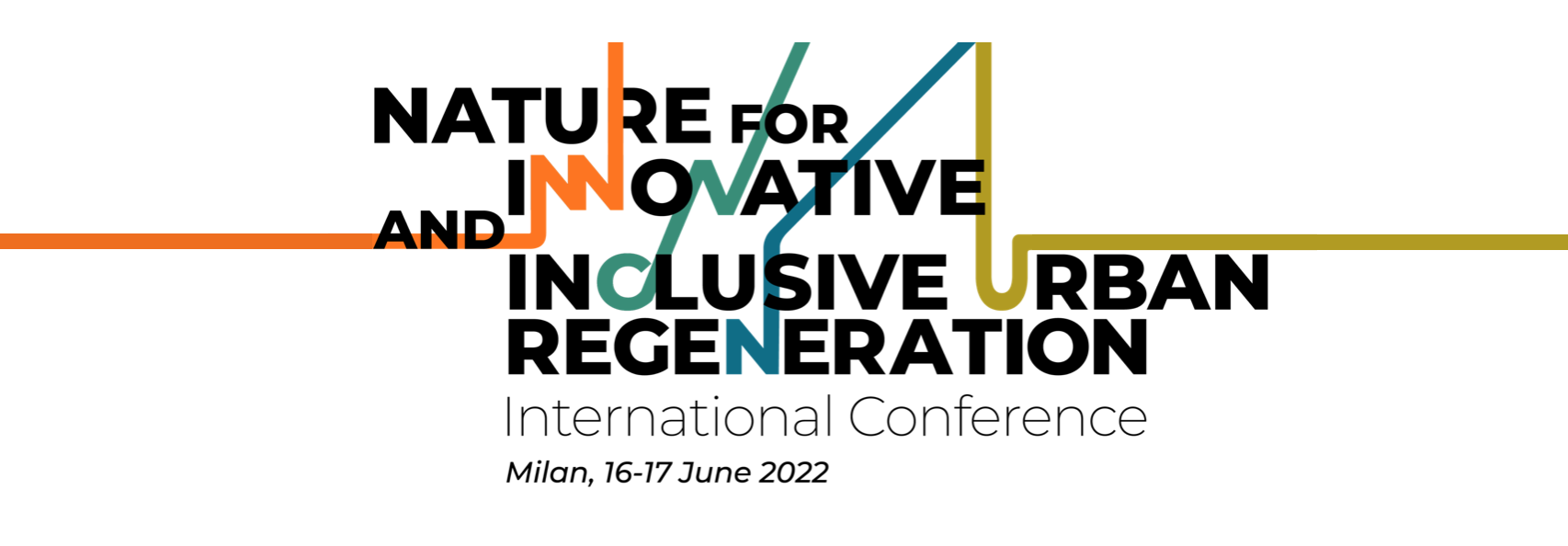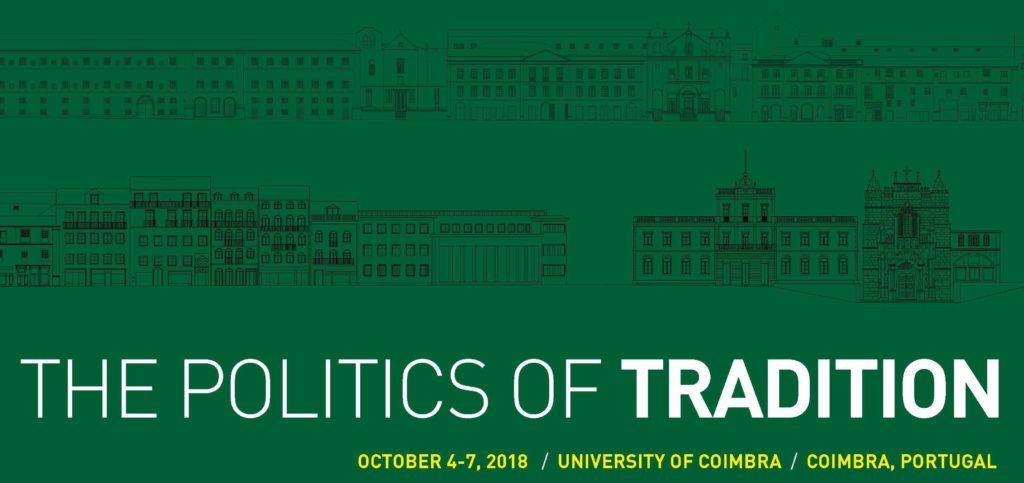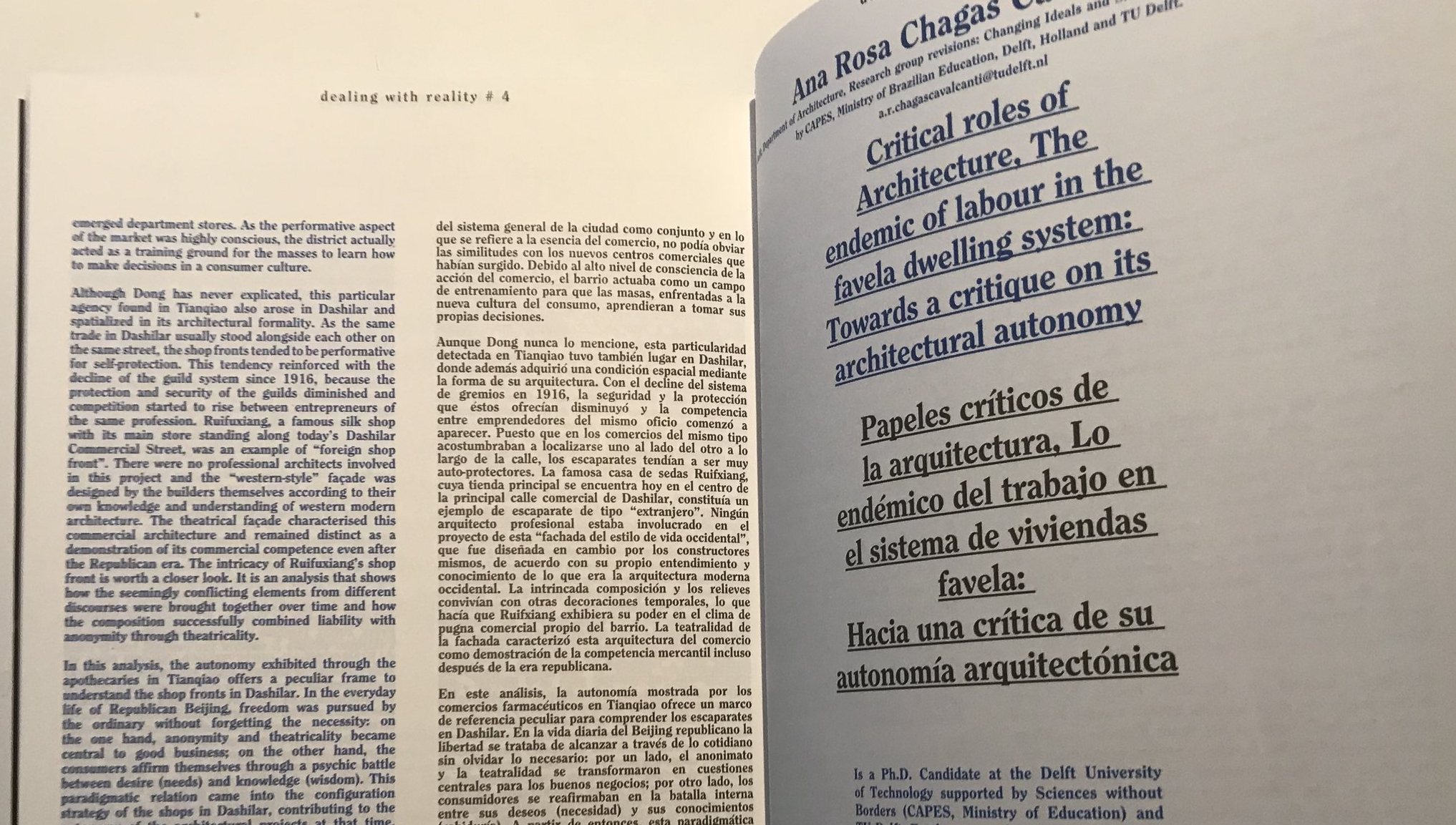School of humanities, social sciences and arts:
2022 -Chosen to the FAPESP School Humanity, Social Sciences and Arts - From the 21st until the 24th of August 2022. Based upon the previous experience of FAPESP with the program “Escola São Paulo de Ciência Avançada/São Paulo School of Advanced Sciences.” (https://espca.fapesp.br/home) and on the “Lindau Nobel Laureate Meetings” (https://www.lindau-nobel.org/).
Available online at: https://eventos.galoa.com.br/fapesp-60anos-humanas/page/1741
Seminars
2022 -IASC Europe and CIS - (Ana Rosa Chagas Cavalcanti & Matteo Roggero - Commons and Polycentric Governance within and across cities. University of Bern, Switzerland.
Available online at: https://europe.iasc-commons.org/wp-content/uploads/2022/03/Cavalcanti_2022_for_IASC_EuropeCIS_Colloquium_Cities_and_Collective_Public_Spaces.pdf
More on the Colloquium: https://europe.iasc-commons.org/iasc-europe-cis-colloquium-series/
Journal Articles and Book Reviews:
Book Reviews:
2020 - Book review of “João H. Costa Vargas 2018: The Denial of Antiblackness – Multiracial Redemption and Black Suffering in International Journal of Urban and Regional Ressearch. Volume 45, issue 6. Available online at: https://www.ijurr.org/issue/vol-44-number-6-november-2019/
2020 - Book Review of ‘The Palgrave Handbook of Bottom-Up Urbanism.’ Edited by Mahyar Arefi and Conrad Kickert. Cham, Switzerland: Pal- grave Handbooks, 2019. Xvii + 357 pp., 54 b&w illus.
In Traditional Dwellings and Settlements Review
Journal Articles:
2019 Ana Rosa Chagas Cavalcanti, Tiziano Li Piani. “Housing by People and Work: Design Principles for Favelas Residents in Economies of Commerce and Services.”Available at:
“The lack of inclusion of social practices within the design of social housing in countries of the Global South has foremost an historic-economic reason.”
2018 Ana Rosa Chagas Cavalcanti. “Work as a Housing Right: The Transfer of Residents from Favela to Social Housing.” Traditional Dwellings and Settlements Review - Working Paper Series n 306 (Housing and Social Change) [journal]. Available online at: http://iaste.berkeley.edu/publications/working-paper-series/
“…for people living in informal settlements, the need to work is a priority overcoming the need to occupy a space designed with principles of formal design…”
2017 Ana Rosa Chagas Cavalcanti, ‘Work, Slums and Informal Settlements Traditions: Architecture of the Favela do Telegrafo.’ Traditional Dwellings and Settlements Review (2017) Volume XXVIII, Number 2 (2017): 71-81[journal]
Available at: http://iaste.org/swp/wp-content/uploads/2012/09/2017/12/Article-5-28.2-.pdf
Also Available at: https://www.jstor.org/stable/44779812
“The report aims to address a range and assumptions and paradoxes surrounding current theories regarding informal settlements. It also reflects on the way architecture and planning of such settlements are being taught and conceived.”
“Work activities create space, shape buildings and influence the decisions of their inhabitants.”
2016 Ana Rosa Chagas Cavalcanti. ‘How Does Work Shape Informal Cities: The Critical Design of Cities and Housing in Brazilian Slums.’ The Plan Journal, Volume 1, Issue 2 (2016): 49 63.doi:10.15274/tpj.2016.01.02.04 [journal]. Available at: http://www.theplanjournal.com/article/how-does-work-shape-informal-cities-critical-design-cities-and-housing-brazilian-slums
“Labour is currently shaping the slums, in terms of material usage and otherwise.”
Conference Paper/Proceedings:
2022 - Ana Rosa Chagas Cavalcanti, Leandro Medrano. ‘Urban Commons in Cities of Scarcity’ to be presented at ‘URBiNAT: Urban Innovative & Inclusive Nature’ at the Fondazione Giangiacomo Feltrinelli (16-17 June 2022).
2018 Ana Rosa Chagas Cavalcanti. “Work as a Housing Right: The Transfer of Residents from Favela to Social Housing.” Proceedings of the International Association for the studies of Traditional Environments, University of Berkeley. Coimbra, 4-8 October 2018.[conference]
“Work is a housing right”
2017 Ana Rosa Chagas Cavalcanti. ‘The Tools of the ‘Architects’ in Informal Settlements: The Case of the Builders of the Brazilian Favelas.’ Proceedings of the European Architectural History Network Conference, Delft, 22-24 NOVEMBER 2017. [proceedings]
2016 Ana Rosa Chagas Cavalcanti. ‘Favelas and the normative, institutional Social Housing System in Brazil.’ International Planning History Society Proceedings, IPHS. 173-184. Delft, 2016. issn 2468-6948, volume 17. [proceedings]
2015 Ana Rosa Chagas Cavalcanti. ‘Planning as curating everyday micro-contexts for a better public policy in the Favelas: The case of the Favela School of Architecture.’ IV World Planning Schools Congress 2016 Proceedings. Rio de Janeiro, Brazil, 2016. [ proceedings]
“Mainstream architecture is not enough engaged with political and social contexts. The architecture discipline seems indicated through the same intensities, subjectivities, actors and processes. Schools of architecture usually remind us that architects must spend time designing buildings and, detailing buildings. The need for architecture goes beyond its condition as practice and product through the architect and, excludes the hands of others. The School of Favela Architecture aims to discuss architecture beyond these logics. In this sense, alternative architecture are practices of spatial agency, of social practice. It is about thinking about the architecture of informal settlements, whose values are constantly negotiated, instead of an economy of fixed values which predominates today. Indeed, informal sectors are huge markets; networks of sales people, linked through marketing, chained with multinational warehouses and to street vendors. These people are responsible for each other from a collective perspective. Architecture could make these networks visible.”
Online papers:
2017 Ana Rosa Chagas Cavalcanti, ‘A Pattern Language of Self Construction: a Pedagogic Tool to understand Spaces and Social Practices of Brazilian Favelas’, Archdaily, 2017. [www paper].Available at: https://www.archdaily.com.br/br/880403/uma-linguagem-padrao-da-autoconstrucao-ferramenta-para-compreender-os-espacos-e-as-praticas-sociais-das-favelas-brasileiras
“<<Architects themselves build a very,
very small part of the world.
Most of the physical world is built by just
all kinds of people. It is built by it is built
by do-it-yourselvers in Latin America(..)>>
Cristopher Alexander, The origins of the Pattern Theory, 1999:74[1].”
2015 Ana Rosa Chagas Cavalcanti. ‘Pourquoi ne parvenons-nous pas à étudier les favelas comme un authentique système de logement social’. Autres Brésils. Available at: http://www.autresbresils.net/Pourquoi-ne-parvenons-nous-pas-a-etudier-les-favelas-comme-un-systeme [www paper] (French)
“…études sociales sur les habitants des favelas et leurs constructions, engagées sur le sujet de l’habitation sociale - notamment des études anthropologiques, sociologiques et ethnographiques – sont utilisées par les architectes, c’est presque toujours avec une approche contemplative, et non proactive.”
2015 Ana Rosa Chagas Cavalcanti. ‘School of Favela Architecture/Escola de Arquitetura da Favela.’ Vitruvius. Available at: http://www.vitruvius.com.br/revistas/read/minhacidade/16.183/5764.[www paper].(Portuguese)
“…devemos pensar a arquitetura a partir dos saberes dos moradores. (…) a arquitetura e o planejamento urbano precisam se voltar para a realidade, para o dia-a-dia.”
2015 Ana Rosa Chagas Cavalcanti. ‘Hence we will improvise: a claim for methods and approaches through the perspectives of dwellers.’ Favelissues. Available at: https://favelissues.com/2015/01/31/hence-we-will-improvise-a-claim-for-methods-and-approaches-through-the-perspectives-of-dwellers/[www paper]
“Communal issues are remarkable in the favela.”
Critical Roles of Architecture: The endemic of Labour in the Favela Dwelling System in Outonomy. ETSAM, 2017.
“… this article describes spontaneous settlements as critical spaces to the aforementioned instances about autonomy, architecture and labour.”




